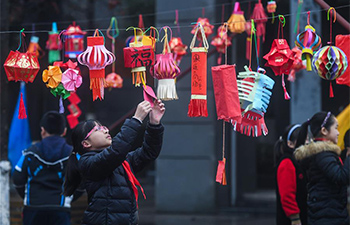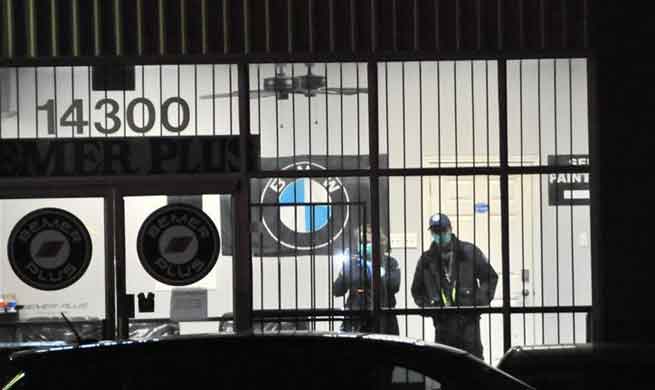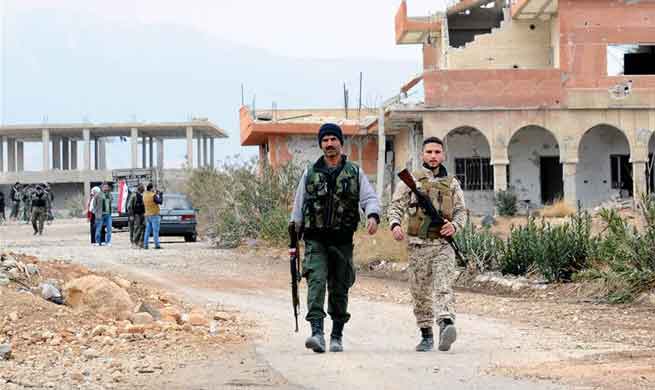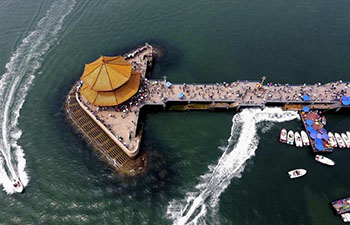RIO DE JANEIRO, Dec. 29 (Xinhua) -- The state of Rio de Janeiro, one of the most populous states and major contributors to the national economy in Brazil, as well as its capital city Rio de Janeiro, had a hard time in 2017, amidst rising violence and deep financial problems.
The violence in the state continued to rise, as police try to work around the poor working conditions and the threat of late salaries, as it was last year.
So far, 132 policemen were murdered in 2017, and the cumulative figure over the past 22 years has surpassed 3,000.
The state, also Brazil's tourism hotspot, has recorded more than 4,000 homicides so far this year.
In 2017, Rio's largest slum Rocinha was the center-stage for a violent drug gang which went beyond the shantytown and reached one of the richest neighborhoods in the city, forcing local residents to live amidst violence every day.
There are hundreds of slums in the state, where drug gangs or militia groups combat to expand their drug business and exploring "services" to the population, including extortion, allegedly for "protection".
The state's financial conditions have worsened the quality of life. The state government is facing severe financial problems and had to delay the payment of Christmas bonuses and salaries to public workers.
It remains unclear whether the administration will have the money to pay wages on time in 2018.
The Rio municipal government is not much better. Mayor Marcelo Crivella, who took office in January, said that his predecessor had left debts, but the previous mayor, Eduardo Paes, said that Crivella lacked the ability to properly administer the city.
The city government is said not to have sufficient money to cover government expenses in 2018, and may have trouble in paying civil workers as well.
Crivella has already made a number of controversial budget cuts, including the Carnival budget.
Tourism in Brazil's Rio de Janeiro has suffered losses estimated at 657 million Reais (around 200 million U.S. dollars) from January to August in 2017, due to the violence which has wrecked the city, a study revealed on Tuesday.
The bar and restaurant sectors were affected most by the violence, followed by transport and travel agencies, said the study presented by the National Confederation of Goods, Services and Tourism (CNC).
It noted the tourism revenue would see a drop of 1.8 percent on average should the crime rate increase by 10 percent.

















